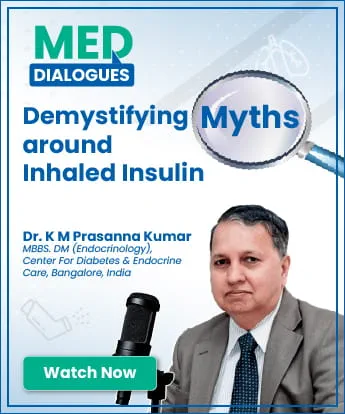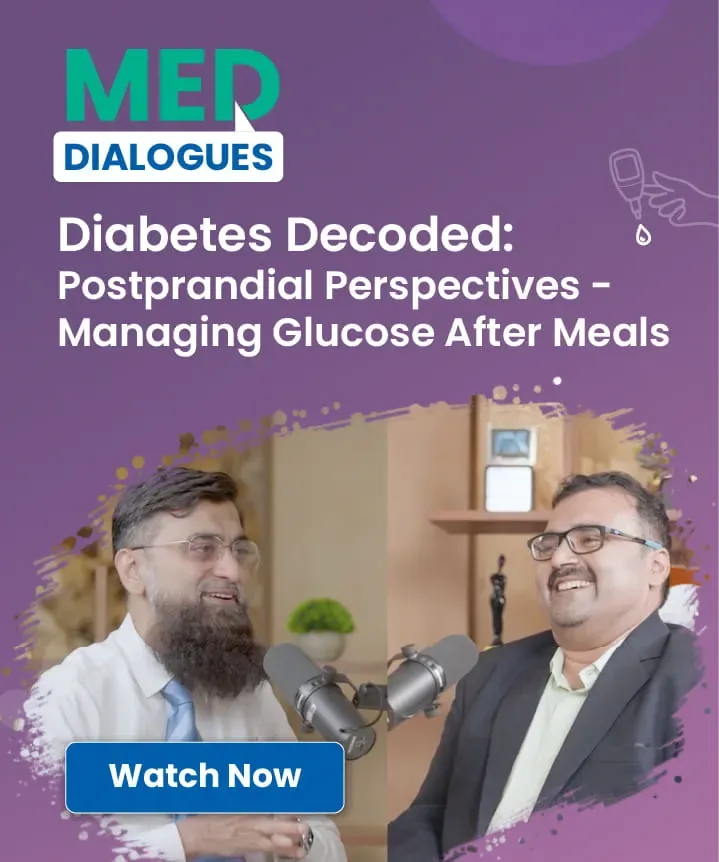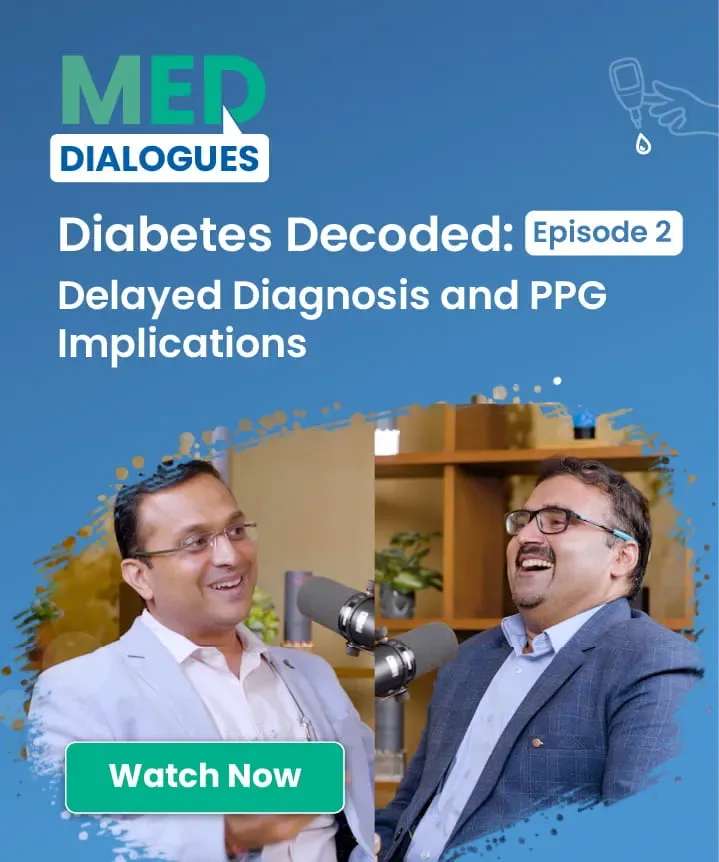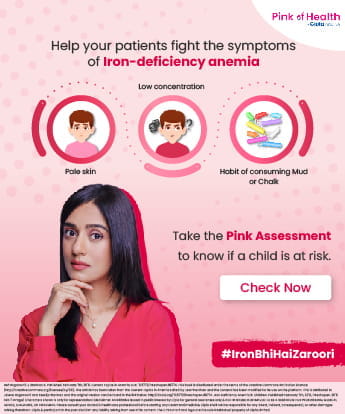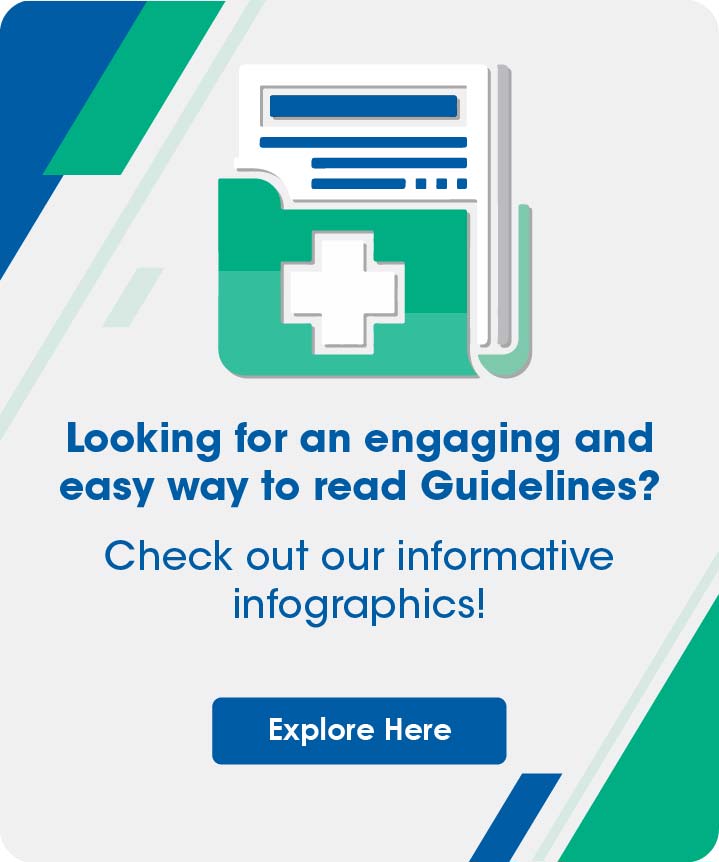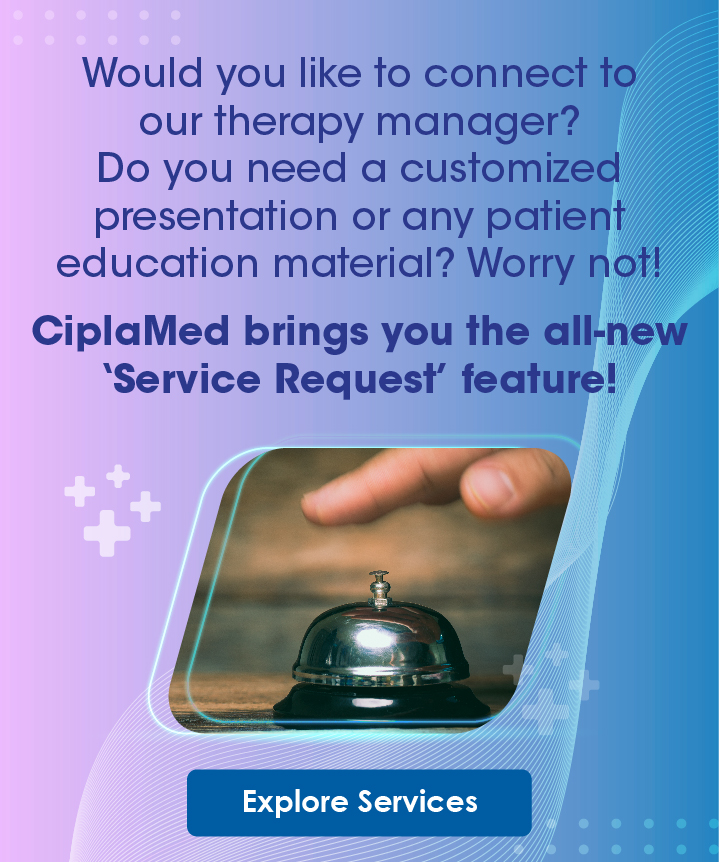Hey there! Welcome!
Get updated on
Select Speciality
Top Picks
3 Feb, 26
This IDSA guideline outlines evidence‑based empiric and definitive antibiotic selection for complicated UTI, emphasizing severity‑based therapy, resistance risk assessment, patient‑specific factors, and stewardship‑driven narrowing once cultures return.
3 Feb, 26
This IDSA guideline reviews evidence on IV‑to‑oral antibiotic transition in complicated UTI, outlining when clinically improving patients may safely switch to effective oral agents to reduce IV‑related risks, costs, and hospitalization.
5 Feb, 26 J. Eur. Acad. Dermat...
J. Eur. Acad. Dermat...
- As per a systematic review & meta-analysis of 90 studies of adjunctive therapy for T1DM, GLP 1RAs lowered HbA1c (−0.56%), body weight (−3.6 kg), BMI (−1.05 kg/m²), & insulin use, with rare severe hypoglycemia/DKA but frequent GI effects
- SGLT2is improved HbA1c (−0.38%), TIR (+8.6 pp), insulin (−4.7 U/day), weight (−2.5 kg), BMI (−0.82 kg/m²), but doubled DKA risk (RR=2.19)
- Mortality/hospitalizations were rare.
5 Feb, 26 BMC Gastroenterol.
BMC Gastroenterol.
- A study of 13,208 children with intermittent asthma found a distinct low‑risk subgroup with very low rates of severe exacerbations
- Over three years, these patients had far fewer hospitalizations and emergency visits than higher risk peers
- For this group, routine inhaled corticosteroid treatment offered minimal benefit and was not cost effective, suggesting current mild asthma guidelines may overtreat them.
4 Feb, 26 J Neurol.
J Neurol.
- In 250 obese adults with T1DM (BMI ≥27 kg/m2, 54.8% female), tirzepatide (n=35), semaglutide (n=36), & liraglutide (n=97) produced 12 mth weight loss of 10.9% (p<0.001), 9.9% (p<0.001), & 7.1% (p<0.001), vs no change in usual care (n=82)
- HbA1c fell by 0.65%, 0.33%, & 0.23%, resp, semaglutide & liraglutide lowered LDL (p=0.05, p=0.02); liraglutide reduced UACR (p=0.007)
- No severe hypoglycemia or DKA occurred.
3 Feb, 26 BMC Gastroenterol.
BMC Gastroenterol.
- High prevalence of anxiety (26.5%) and depression (12.2%) were seen among gastroenterology outpatients
- Anxiety was associated with reflux, dyspepsia, bile reflux, atrophic gastritis with IM/IN, biliary and liver disease, and poor sleep (adjusted odds ratio, AOR up to 5.58)
- Depression was linked to bile reflux, liver disease and poor sleep (AOR up to 8.57), while ≥150 min/week exercise was protective (AOR 0.550)
In this webcast, the speakers have discussed the FOT Essentials and Basics, Interpretation Secrets and Advanced applications, different adult & pediatric case studies presented during the session and how Oscillometry revolutionized the diagnosis.
Featured

24 Dec, 25

11 Dec, 25
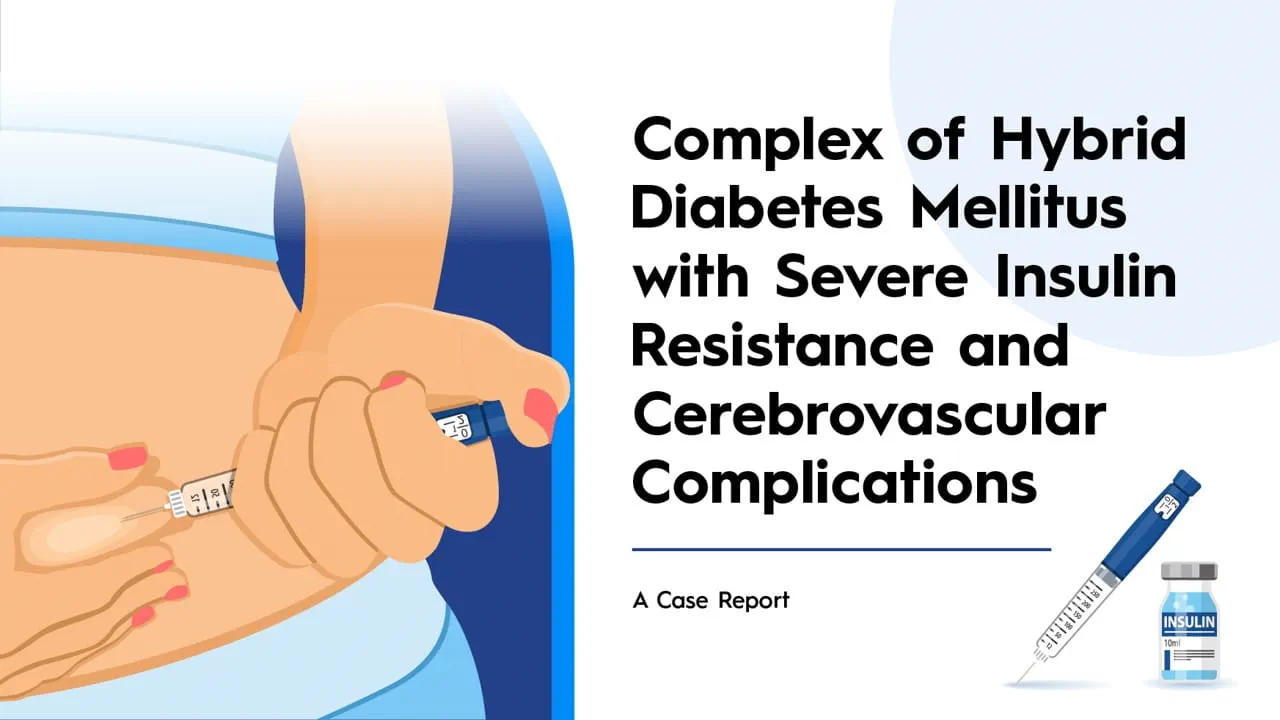
11 Dec, 25











